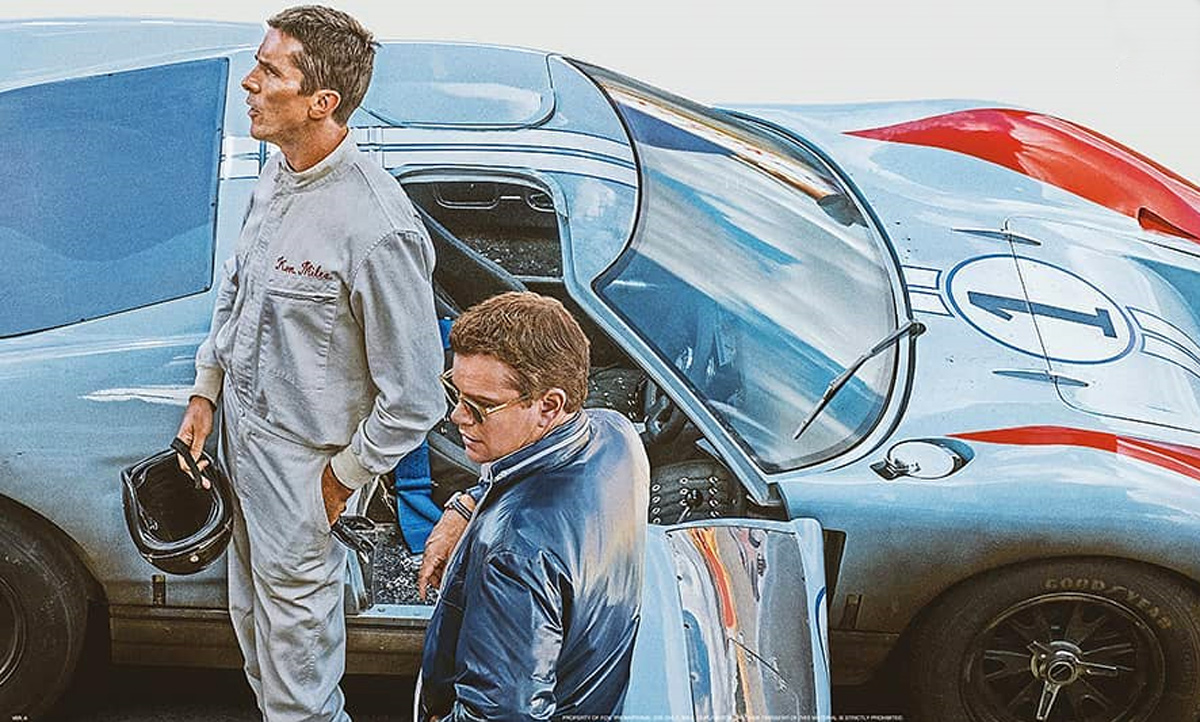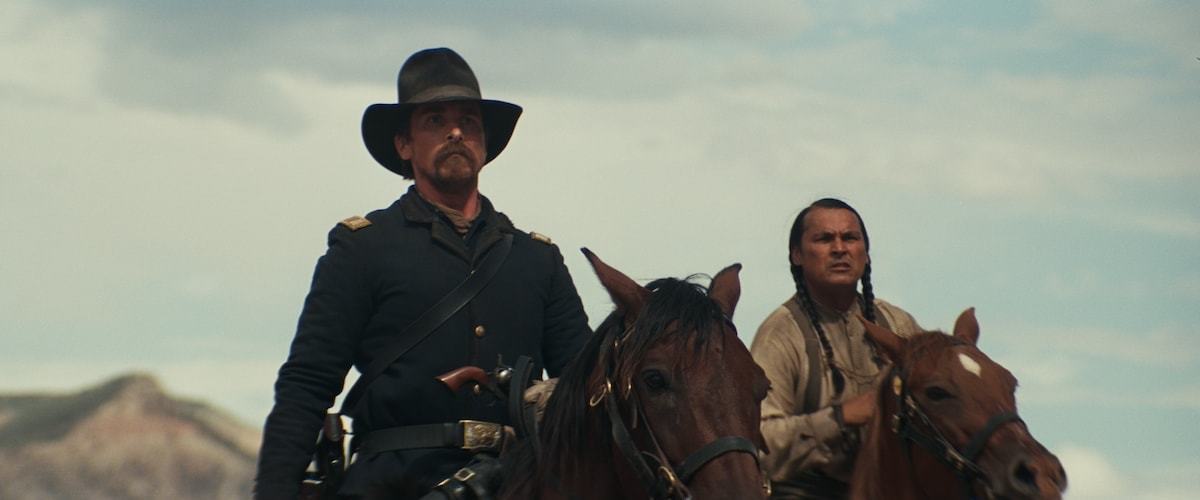Is this film a Ford, or a Ferrari? Le Mans ‘66 (titled Ford v Ferrari in other territories) is pretty clear about which one it would like to be. Ford is ugly; Ferrari is beautiful. Ford spits its cars out with production-line urgency, in drab plants overseen by Henry Ford II (Tracy Letts), a wounded capitalist nursing second-generation anxiety, whose generous girth symbolises his enterprise’s quantitative bloat. Ferrari’s vehicles, on the other hand, are products of artisanal care and Mediterranean exuberance. Ford is efficiency; Ferrari is eros. James Mangold’s film sides with the dreamers. It opens with a quasi-mystical voiceover…
-
-
“What, uh, do we believe, sir?” a young Richard Cheney, Donald Rumsfeld’s aide during the Nixon years, asks his boss. Rumsfeld, played by Steve Carell, laughs hysterically, blindsided by the naivety of the question. Matters of personal principles and ideology simply do not factor into Washington power games. It’s a central concern in Vice, the latest in Anchorman director Adam McKay’s swerve from knockabout man-boy comedy to polemical film-making, but it’s also a question the film desperately needed to ask itself. What does McKay believe? What moral vision is he trying to put on screen? What on earth is Vice…
-
Scott Cooper (Black Mass) is a writer/director who always delves into the gritty underbelly of the US, casting an unflinching eye over its history and social traits. With Hostiles, he moves into the Western genre, and right from the shocking opening sequence, you know you are not in for a good ole boy, John Waynesque movie. And while he does occasionally move into the realm of cliche and generic storytelling that lurks in all his movies, I can’t help but admire his take on Donald E. Stewart’s (Patriot Games) manuscript and this much-flaunted genre, as he’s taken great pains to…



